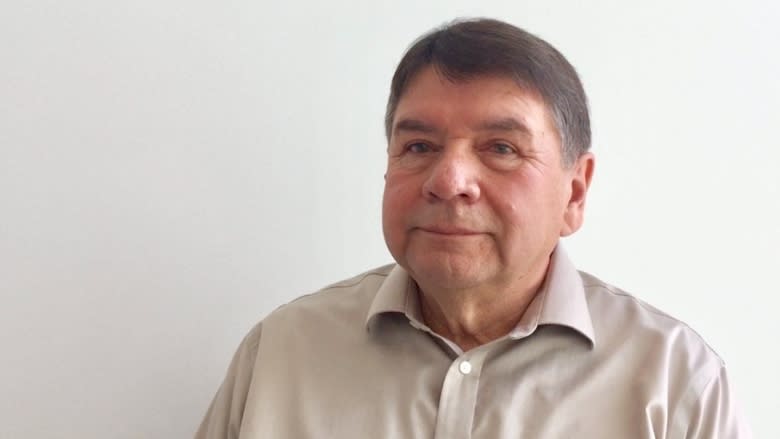First Nations education forum tackles shortfalls in funding, cultural knowledge and persistent social issues
The Liberals pledged billions to fix it before backtracking on some of their plans, now hundreds of First Nations leaders across the country are gathering in Calgary to talk amongst themselves about how best to tackle the perennial problem of education on reserves.
The Assembly of First Nations national forum is examining issues and new models in education that will help close the gap in K-12 and post-secondary education for Indigenous students in Canada.
Speaking at a March, 2016 inquest into the death of seven First Nations students in Thunder Bay, Ont., economist Don Drummond estimated First Nations schools receive 30 per cent less funding than their counterparts under provincial jurisdiction across the country.
"The goal is to create and open a dialogue amongst First Nations across the country," said director of education for the Membertou Mi'kmaq First Nation in Nova Scotia, Darren Googoo.
Walking in both worlds
"We live and work in two worlds. We live and work in our own communities in Aboriginal Canada and we need to still walk in the Canada outside of reserves as well. We need to have strong, articulate and intelligent young people and we need them to be able to walk in both worlds," Googoo said.
In his opening address at the directors of education national forum on Wednesday, Assembly of First Nations Chief Perry Bellegarde said the focus of the forum is on "restoring balance" to First Nations education.
That balance is about children being academically prepared for working life off the reserve, but armed with strong self-identity and cultural knowledge, including traditional languages.
Social barriers still exist
But some attendees say social problems on reserves need to be tackled before First Nations students can really thrive.
"We're seeing some of our graduates, some of our A students, get to that level only to succumb to some of the social challenges," said Richard Fox, superintendent of the Kainai Board of Education with Alberta's Blood Tribe.
"Most of us have heard about the fentanyl crisis and it's discouraging to see the work that's being done to get our children to succeed and then just succumb to something like that, or any other addictions for that matter," he said.
"It's not just about funding. It's going beyond that mindset to say even if we have all that funding we need, what's really going to work?"
"We need our children to succeed," said Fox.



